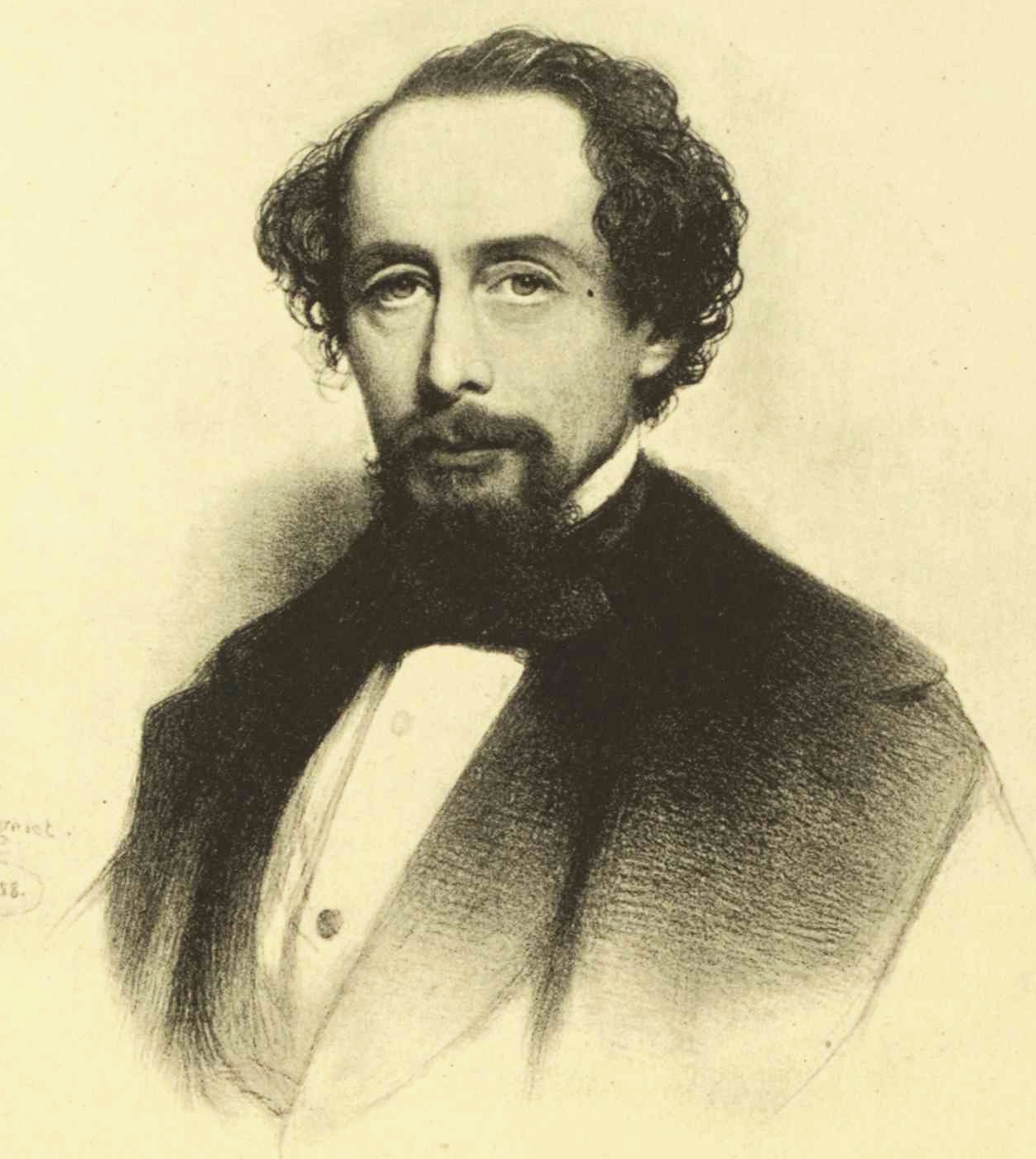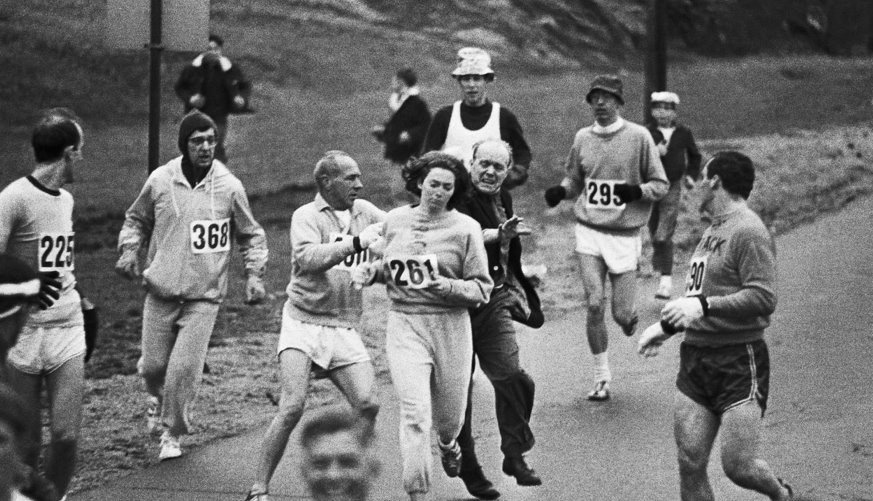Book Review | A Tale of Two Cities
This book was supposed to be my nice, easy read back in March. I didn't finish this until August. As you can only guess, I have lots of thoughts and nay even opinions on this classic
For those of you like me who didn't have this classic on their to-be-read list or requirement list in High School, here's the premise:
In Paris, the streets run red with blood. In London a beautiful young women waits for word of the nobleman she loves....
The novel depicts the plight of the French peasantry demoralized by the French aristocracy in the years leading up to the revolution, the corresponding brutality demonstrated by the revolutionaries toward the former aristocrats in the early years of the revolution, and many unflattering social parallels with life in London during the same time period. It follows the lives of several protagonists through these events.
SPOILERS!
This book was... A lot. From the get-go, you get the infamous words that have been quoted to death a thousand times. And for good reasons. They set up the time, place, tone, and setting in one fell swoop. When it comes to performing that type of literary score Charles Dickens is a master. |
| Charles Dickens Being Suave |
This doesn't mean that the story was bad.
In fact just the opposite. I enjoyed this story. I love historical fiction, it's my favorite genre across all types of entertainment. That being said, A Tale of Two Cities was simultaneously difficult to get into and yet not at all. This book was very much like its opening lines for me. It was the most difficult read, it was the best of reads. It was the age of enlightenment, it was the age of confusion... You get where I'm going with this?
I can't help but think that was Dickens intentions when he wrote this novel. The duality of all things which was so evidently highlighted leading up to and during the Reign of Terror. When we're finally given all the puzzle pieces as to why Dr. Manette was in prison and why Madame Defarge was out to get the Evermonde family, you sympathize with her. However, that doesn't mean that her insane plight to annihilate the entire Evermonde family is acceptable. It's quite the opposite. Charles Darnay (nee Evermonde) was only two years old when his father and uncle committed their crimes. He literally had nothing to do with it. He, nor his daughter, should have ever been on trial for sins of their forefathers. That's not to say I don't understand where or how Madame Defarge got to her conclusion.
.jpeg) |
| Madame Defarge Being Murderous |
Now let's talk more about the characters!
Charles Darnay was a bit hard to read at first, meaning I didn't know how to feel about him until his interaction with Sydney Carton. Which, Sydney, oh Sydney! What a relatable dude. Like, drunk, depressed, always catching the short end of the stick, but loving his friends (read Lucy) so much that he literally gave his life for them. Now that's a really cool character that I can get into. Sydney was immediately interesting to read about and I was always excited whenever he appeared.
For their love interest, Lucy Manette, she was hard to understand as well. I felt that Dickens wrote he very odd. She was always crying and passing out. Which is not to say isn't relatable, it's just that almost in every scene she was doing one or the other. WHich isn't to say is a bad thing as she's going through A LOT throughout this book, but at times, it just felt like an 1850's male writer trying to write female characters and not understanding that women can express more emotions than just crying. If it wasn't for the other major female characters in this book, Madame Defarge and Mrs. Pross, I would assume that was the case but as it stands all of the female characters are as variable as the male characters. So perhaps it was just a weird feeling I got. ¯\_(ツ)_/¯.
Now as for Dr. Manette, what can I say but your heart bleeds for the man. He was witness to the absolute atrocities of the French nobility and then thrown in prison for it. But then he gets to be with his daughter down the road and see her happy with her husband and daughter. Then have to relive everything he had went through and almost see his family torn apart again. The poor man!
.jpeg) |
| This Was Not OKAY! |
And yet La Guillotine still needs her sweet, sweet blood.
In conclusion:
I am sad.
Overview:
 A Tale of Two Cities by Charles Dickens
A Tale of Two Cities by Charles DickensMy rating: 4 of 5 stars
Although it took me a long time to finish and get through A Tale of Two Cities, the ending is absolutely worth the drag and confusion. It might be because I didn't know what I was getting myself into when I picked up AToTC other than it was a Classic™ but getting into and staying into this book was very... Trying. That's why I gave it a four-star rating rather than a five. However, now that I know where it's going and how it ends there's a part of me that'd like to go back and re-read it. That being said my favorite of the three parts this has to be the third part. That part, for me, really showed Charles Dickens strengths. Whenever I read any of his work, I feel like I'm reading someone's soul. I know that sounds kinda stupid but with Dickens, you believe everything he writes. That he wrote it from a deep place and passion for the subject. Especially when he talks of love and life and lastly death. He's seen it. He's felt it and he damn well knows how to write it. A Tale of Two Cities will always have a soft spot in my heart going forward.
View all my reviews
Until Next Time,
❤CJ❤











No comments:
Be good to one another!